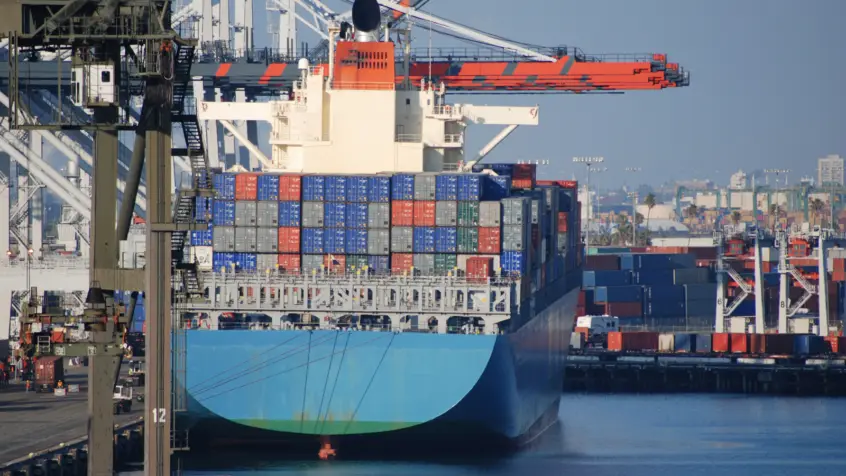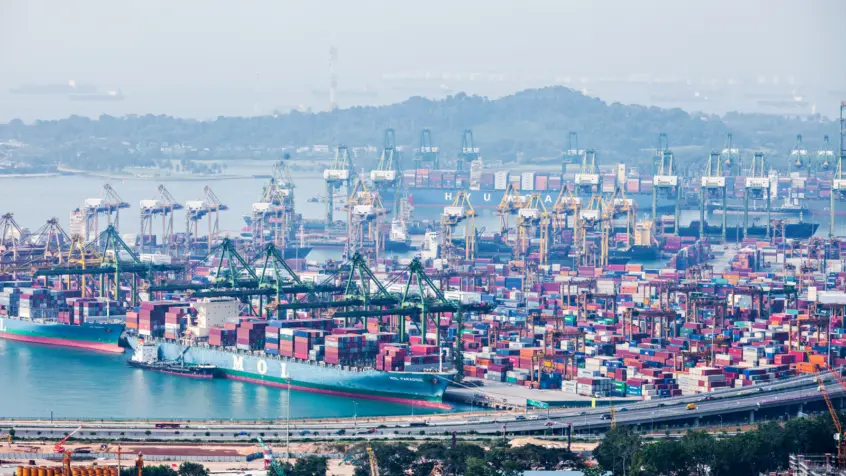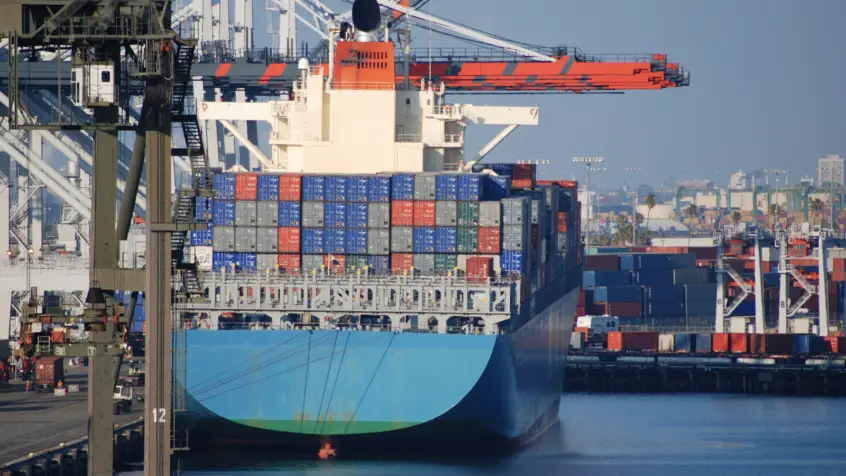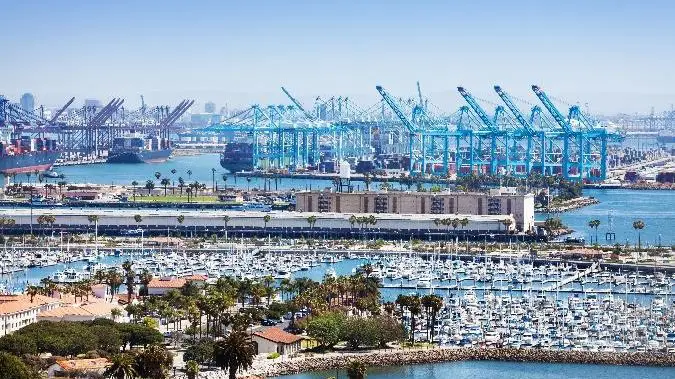Listen the article here: GLC INC. · Los Angeles Container Ports Lessen Congestion Records are being broken at one of the nation’s biggest Ocean Ports. According to the Port of Los Angeles, July 2022 was a record month for them in processing containers. On Aug 17, 2022, a press release was announced by the Port, claiming they processed an estimated 935,345 Twenty-foot TEUs in July. … Read More
Port-Customs Miscommunications Increase Congestion
As if it was not enough, U.S. Ports face a gap in their communication with U.S Customs and Border Protection. As a result, the Ports are not informed about the arrival of nonscheduled charters resulting in some vessels being anchored for more than a month.
US Ports Employ Strategies for Peak Season
Due to this unprecedented peak season, congestion, tight capacity, and limited equipment are daily at U.S ports on the East and West Coast. The statistics do not lie, and here is what they show.
U.S. Port Congestion Makes Its Way To The East Coast
New equipment shortages and congestion are evolving on the East Coast as import numbers continue to grow. The increased volume seen in Savannah and New York is in response to the bottleneck in Los Angeles and Long Beach, which shows little signs of letting up.
Ports of L.A. and Long Beach continue to face unrelenting volumes
November brought another month of record-breaking volumes, with the Port of Long Beach handling 382,677 inbound TEUs, marking a substantial 30.5% increase year over year. Despite this surge, a notable shortage of chassis and a scarcity of drayage providers have led to containers accumulating at the port, exacerbating congestion issues significantly. This bottleneck at the port has precipitated extended delays in vessels berthing and resulted … Read More
Record Import Volumes Set to Worsen West Coast Port Congestion
Peak Season is well underway and the Ports of Los Angeles and Long Beach are feeling the pressure. The increased congestion results in container delays, terminal yard closures, increased wait times, and equipment shortages.





